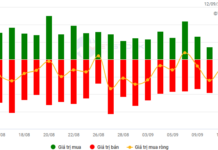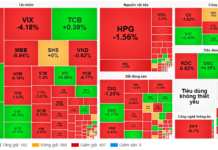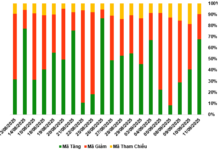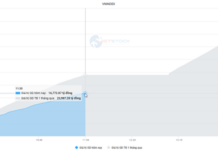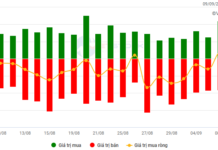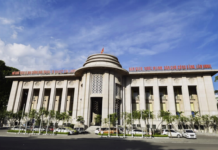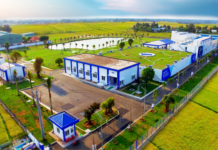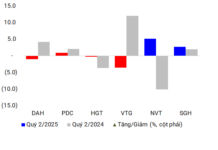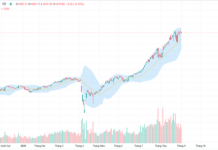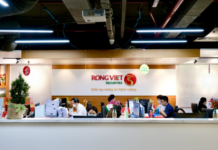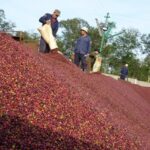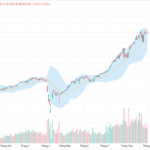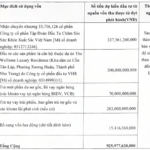
Italians are expressing concern over the future of their beloved cheap espressos as global coffee bean prices soar.
Italians have long enjoyed ultra-low coffee prices, but now, costs are at risk of surging by up to two-thirds. “People are quite worried, scared about a price panic,” said Luigi Morello, president of the Italian Espresso Institute, which provides quality certification for espresso in Italy.
Italians are sipping some of the cheapest coffee in Europe, with an espresso costing around €1.20 and a cappuccino coming in at around €1.50.
These low coffee prices have fostered a vibrant café culture. The country’s consumer protection association estimates that Italians and foreign tourists together consume a total of six billion cups of coffee annually in public places, generating approximately €7 billion in revenue.
However, global supply disruptions due to climate change have forced Italians to pay up to €2 for a cup of coffee—still a bargain by London or New York standards, but a shock to the locals.
Consumer groups are up in arms as the association claims coffee prices have risen by about 15% since 2021, when sellers faced higher energy costs and other pressures.
Gabriele Melluso, president of the consumer protection association, lamented that any further price hikes at local cafes would “threaten the daily habit of millions of citizens.” “If coffee prices continue to rise, some people may give up espresso at the bar altogether,” he added.
Meanwhile, the association representing baristas has warned that price increases are inevitable, especially for traditional cafes where espresso and other coffee drinks typically account for 30% of sales.
Global coffee prices have recently soared to record highs due to unfavorable weather in major coffee-growing regions. Arabica coffee futures traded in New York reached $2.49 per pound this week, while robusta coffee prices in London surpassed $5,000 per ton, doubling the price from a year ago.
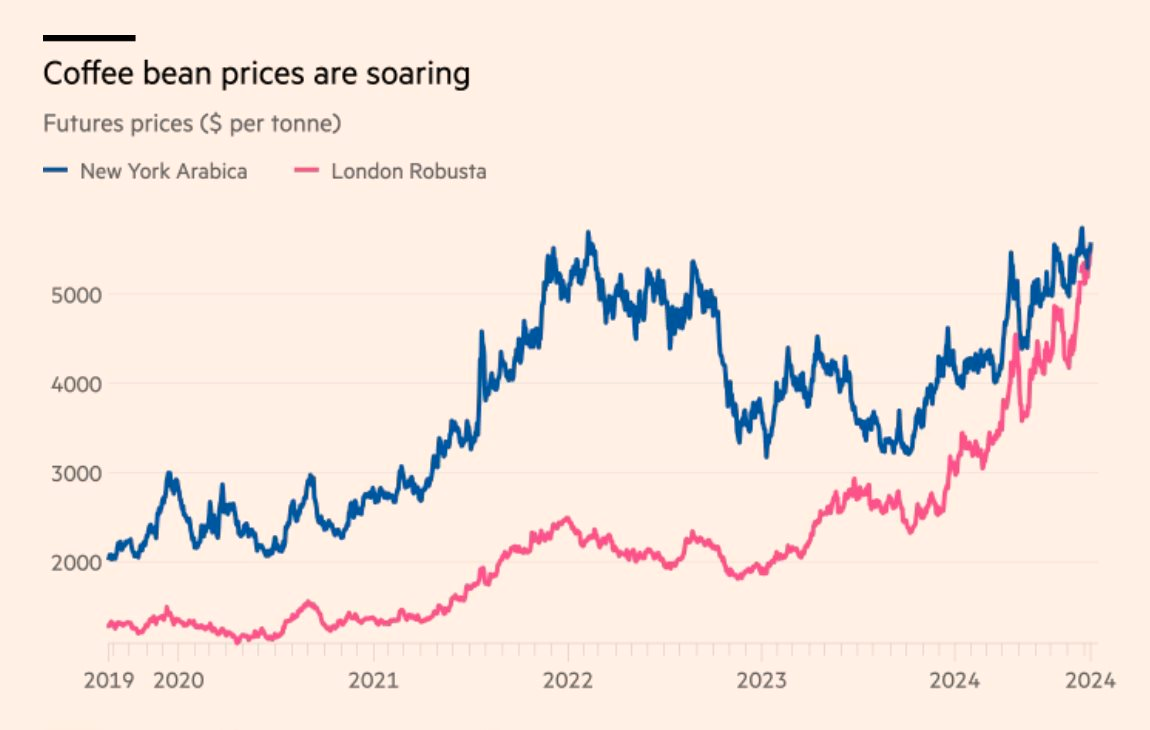
The supply chain has also faced disruptions due to the crisis in the Red Sea. Since November last year, ships traveling between Asia and Europe have been forced to take a much longer route around the Cape of Good Hope instead of through the Suez Canal.
Coffee roasters have increased their prices. Giuseppe Lavazza, president of the Lavazza Group, told the Financial Times that prices could continue to climb.
However, despite the price hikes, operators insist that the cost of producing a cup of coffee remains significantly lower than the selling price, and profit margins are not overly affected. Of course, the association representing baristas disagrees with this view.
“Cafes are struggling,” said Luciano Sbraga, vice president of Italy’s Federation of Public Establishments, which represents many of the country’s 132,000 cafes. “They can only survive if they are family-run, without employees, and without expensive rentals. Only then can they stay in business.”
Sbraga noted that baristas face pressure to keep espresso prices low, even though they could charge more for more complex drinks like cappuccinos and snacks.
Espresso is as essential to Italians as bread, so raising prices is no easy task. In Liguria, one bar owner has opted to offer espressos for just 70 cents if customers bring their own cups, spoons, and sugar.
Gianni Manganiello, a 54-year-old who runs a 70-year-old cafe, said he now charges €1 per espresso, up from 90 cents previously. He added that he would be willing to increase prices by another 10% if raw material prices surge. “You can’t raise [prices] too much, or all the customers will disappear. You have to maintain a balance,” he said.
The Robust Flavor of Vietnam’s Signature Coffee: A Week of Record-Breaking Prices
Robusta coffee prices have surged by almost $500 a tonne over the past week, an incredible 10% rise, peaking at a record-breaking $5,267 per tonne. This unprecedented surge has the industry in a flutter, with prices reaching heights never seen before.

